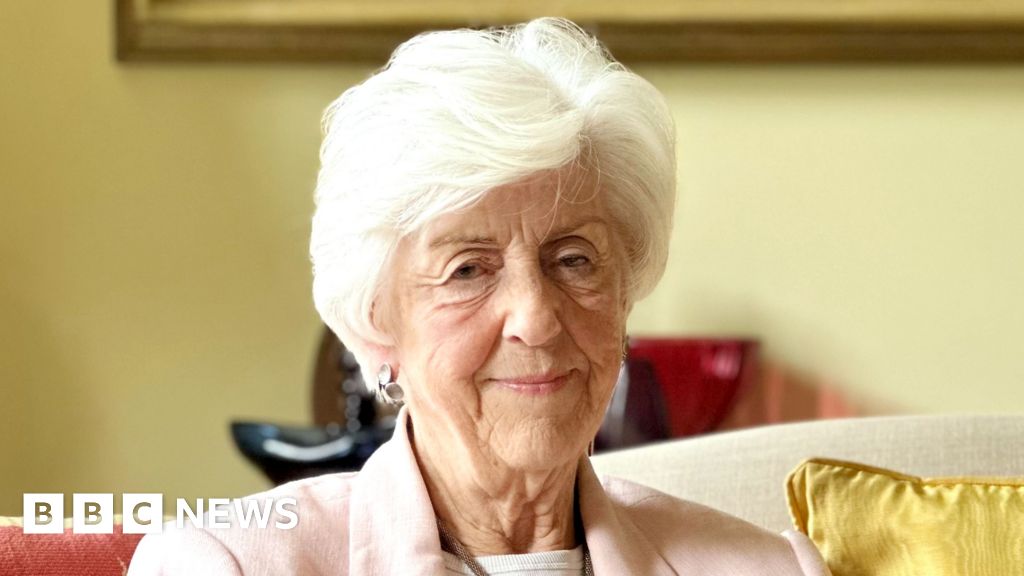ARTICLE AD BOX
The government is trying to achieve several political objectives from the "Get Britain Working" White Paper.
It wants to be seen to be taking welfare reform seriously and not be seen as a "soft touch" – by some voters and a more hostile tabloid press.
So while overall the emphasis is on improving services to jobseekers, with more co-ordination between government agencies, Work and Pensions Secretary Liz Kendall has said young people that fail to take up the opportunity of training, education or employment will face sanctions.
But there is a bigger picture – the proposals are important parts of the growth jigsaw.
Tackling inactivity and equipping younger people with skills is seen as essential in boosting productivity and delivering the elusive prize of economic growth.
But the White Paper won't be comprehensive.
Decisions on what to do about the nearly three million people who are economically inactive because of ill health won't be taken until next year - though the White Paper may sketch out a direction of travel.
Kendall has said she wants to end the binary nature of the system - classifying people as fit, or unfit, to work. She wants to see more flexibility.
She wants to consult more on this.
But the snag is the chancellor has already signed up to the same scale of welfare cuts that were pencilled in by the previous Conservative government.
The work and pensions secretary has said on several occasions she will bring forward her own proposals – distinct from the last government.
It's still not clear whether these will involve cutting the extra payments that some people currently classified as having "limited capability for work" receive.
With the government still under pressure over cuts to winter fuel payments, this is another sensitive area.
But with the chancellor repeating at the Confederation of British Industry conference that departments must now live within their means, it seems more difficult decisions are inevitable.

 6 months ago
27
6 months ago
27








 English (US) ·
English (US) ·